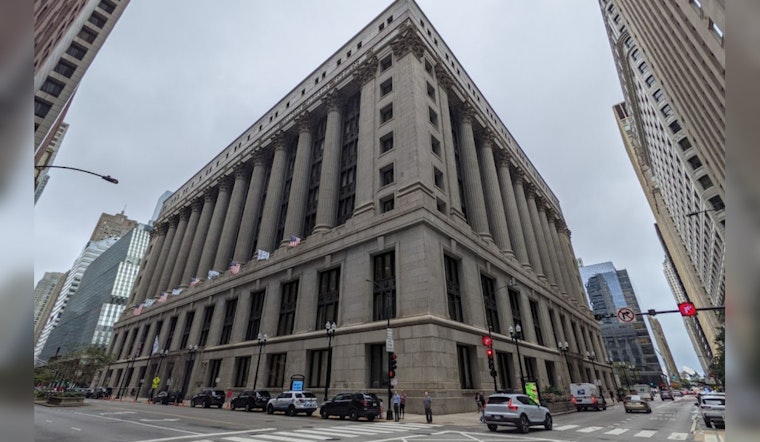Chicago braces as a newly re-elected President Donald Trump signals waves of change likely to hit both the city’s significant infrastructure projects and the wallets of consumers nationwide. The city, which became a stark contrast to Trump’s policies during his first term, might now face stark repercussions, including potential halts to the $5.3 billion extension of the CTA Red Line and disruptions to the expansive O’Hare Airport project, the
Chicago Sun-Times
reported.
Senior mayoral adviser Jason Lee voiced concerns to
the Sun-Times
about the Trump administration, including fears of a shift toward “implementing a plutocracy” and “authoritarian impulses” that could threaten political dissidents, curtail freedoms, and impact rights, particularly for women. Despite these concerns, Mayor Brandon Johnson remains hopeful, expressing reliance on “powerful allies in Washington and allies in other cities” to ensure Chicago continues receiving necessary resources.
The same nerve-wracking climate engulfs U.S. retailers as they prepare to navigate through an economy that could be jolted by Trump’s proposed import tariffs. Retailers are expected to raise prices on goods ranging from household appliances to footwear, as articulated in a report from the National Retail Federation cited by
CBS News
. NRF Vice President of Supply Chain and Customs Policy Jonathan Gold pointed out that “a tariff is a tax paid by the U.S. importer, not a foreign country or the exporter,” highlighting how consumers will bear the cost through higher prices.
As Trump persists in his plan to enforce a 60% tax on goods from China and tariffs on all foreign imports, firms are clear about their response. “If we get tariffs, we will pass those tariff costs back to the consumer,”
Philip Daniele
, CEO of AutoZone, told Wall Street analysts in an earnings call, a stance mirrored by several other businesses set on shifting supply chains rather than absorbing tariff-induced price increases. Companies like Stanley Black & Decker and Acme United are already contemplating or have implemented production shifts to other countries, including Thailand, the Philippines, and India, to circumvent these tariffs.
Whether these impending policies will come to pass or if political pressure and economic reality will force revisions remains unseen. But one thing is certain: the economic landscape for cities like Chicago and the broader consumer market is on the cusp of potentially significant change under the Trump administration’s second term.
Note: Thank you for visiting our website! We strive to keep you informed with the latest updates based on expected timelines, although please note that we are not affiliated with any official bodies. Our team is committed to ensuring accuracy and transparency in our reporting, verifying all information before publication. We aim to bring you reliable news, and if you have any questions or concerns about our content, feel free to reach out to us via email. We appreciate your trust and support!



Leave a Reply